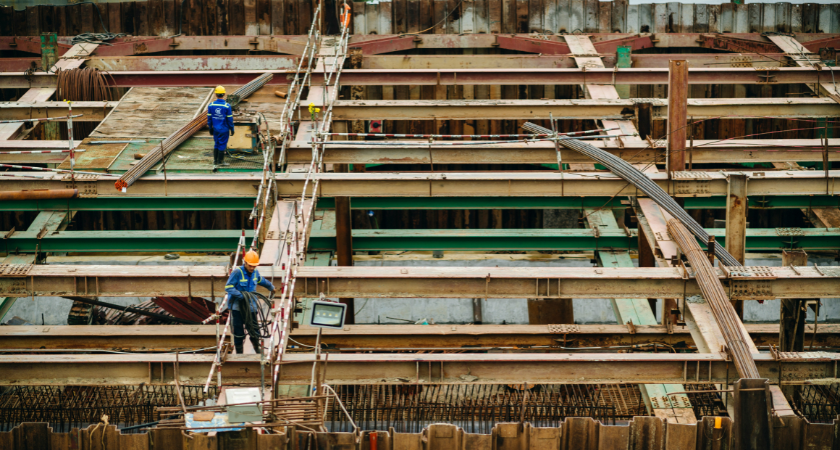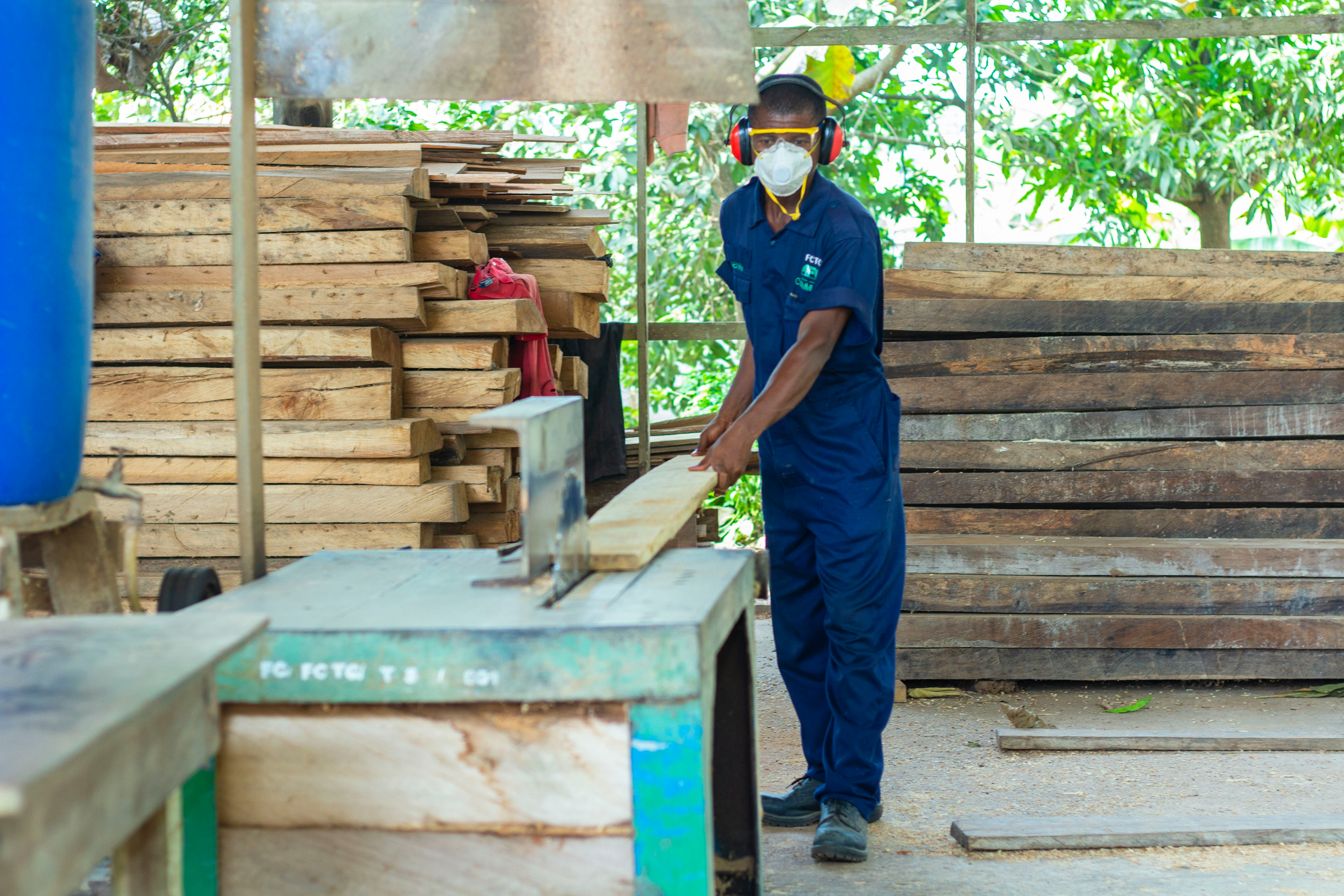
Amazon has officially opened a new delivery facility in Elkhart, Indiana, built primarily using mass timber, positioning it not just as a logistics hub but as a full-scale sustainability laboratory for future construction practices. The company revealed in a Thursday announcement that the site incorporates more than 40 different sustainability initiatives, ranging from low-carbon asphalt and concrete to permeable pavements and an integrated rainwater reuse system.
.jpg)
While the building continues to function as a standard last-mile delivery station, Amazon executives said the goal is to evaluate which eco-friendly materials and technologies can be replicated across its global portfolio.
Mass timber has been increasingly recognized as a viable alternative to conventional steel and concrete, with a 2022 Building and Environment study showing a 43% reduction in embodied carbon emissions when compared to reinforced concrete buildings. Other large tech firms like Meta and Microsoft have also begun incorporating cross-laminated timber into certain facilities, signaling a larger shift in industrial construction methods.
Amazon has made its 2040 net-zero emissions target a centerpiece of its climate strategy, and the company said that construction represents a major opportunity to cut emissions, noting that building and development activities account for 40% of global greenhouse gases, according to the Carbon Leadership Forum.
Amazon Vice President of Global Realty Daniel Mallory said the project stands out because of the sheer number of innovations being tested in one location, calling it a rare opportunity to gather real-world performance data.
“Doing a project like this here allows us to continue to earn the license [to engage with the industry], not just because of scale, but because we also have attention to detail, and we can help engage and inform based on that level,” he said.

Mallory added that not every sustainability feature will be ideal for every climate or market, but the trial-and-learn approach is intentional. For example, the facility includes a rainwater collection system that filters and stores water to flush restroom toilets, which may not be critical in Indiana — where water is cheap and abundant — but could be transformative for drought-prone facilities in the Southwest or Europe.
The project was constructed by Graycor Construction, with architect and sustainability lead ZGF guiding the design. Other partners included Carbon Cure for low-carbon concrete, Sterling Structural for timber components, Arbor Wood for thermally-treated exterior finishes and Timber HP for wood fiber insulation.
Graycor Construction Project Executive John Denbo, who has worked with Amazon for two decades, said the company’s decision to self-develop the property rather than rely on a third-party developer allowed for more creative flexibility.
He believes this facility could accelerate price reductions in the mass timber supply chain.
“As [mass timber] becomes more prevalent, the pricing is going to come down,” Denbo said. “Is it ever going to be the same price? Probably not. But this is something people have to want to do. There’s some responsibility here that people are taking on to make sure and decide that they want to lower their carbon footprint.”
Denbo described the project as a “partnership in a forward-looking project,” suggesting that Amazon’s willingness to take on risk could influence other private developers to follow.
Originally reported by Lamer Johnson in Construction Dive.